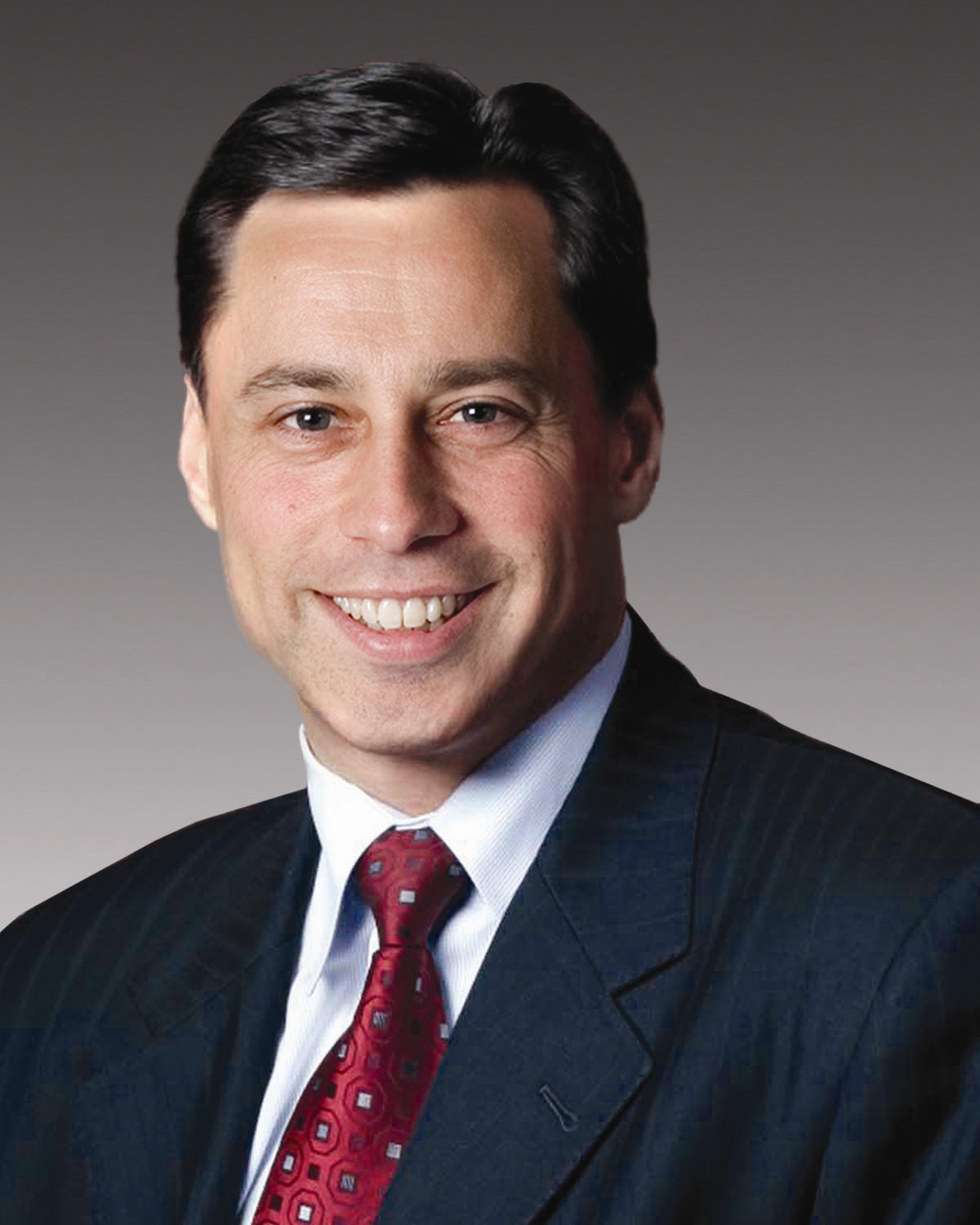India: Top Indian educationalist urges focus on universities and more
India must focus on expanding higher education, energy production and high-technology manufacturing if it is to retain its robust economic growth, the former vice chancellor of Delhi University told an invited audience at a Warwick Policy Lab event yesterday [21 April].
Giving a speech on India’s economic development, Professor Dinesh Singh pointed out that India’s “knowledge economy” dates back thousands of years. Hospitals, plastic surgery, calculus and spherical trigonometry were all invented on the subcontinent, he said, and by the 15th century India’s economy was the biggest in the world; but then repeated invasions, followed by colonisation, wrecked its economy. Rest
Canada: Premier to Highlight Economic Plan
From April 25 to 29, Premier Kathleen Wynne will visit Ontario businesses, postsecondary schools and other groups across the province to speak about the government’s economic plan and how it is delivering on her number-one priority — creating jobs and growing the economy.
The Premier will address organizations representing businesses, municipalities and researchers, and participate in roundtables at various fast-growing companies. The Premier will also ask for ideas on how to accelerate the province’s development as a hub of the knowledge economy. Rest
Europe: EESC calls for e-inclusion & digital knowledge for all Europe
The European Economic and Social Committee shares the view that the digital economy is an area of strategic economic importance for the EU Member States. Digital data is now the basis for activity in all areas of the economy, government, culture, and social and health services. Making innovative use of this data is the main source of increased productivity for the EU economy. However, the Committee insists that to fully unleash the potential of a knowledge-based economy, it is very important to retrain workers so that they have the necessary skills to work in newly emerging jobs and economic sectors. This is especially important given that 80% of jobs are forecast to require digital knowledge and skills by 2020. Rest
 e’s ongoing commitment to technology innovation, according to one provincial minister.
e’s ongoing commitment to technology innovation, according to one provincial minister.